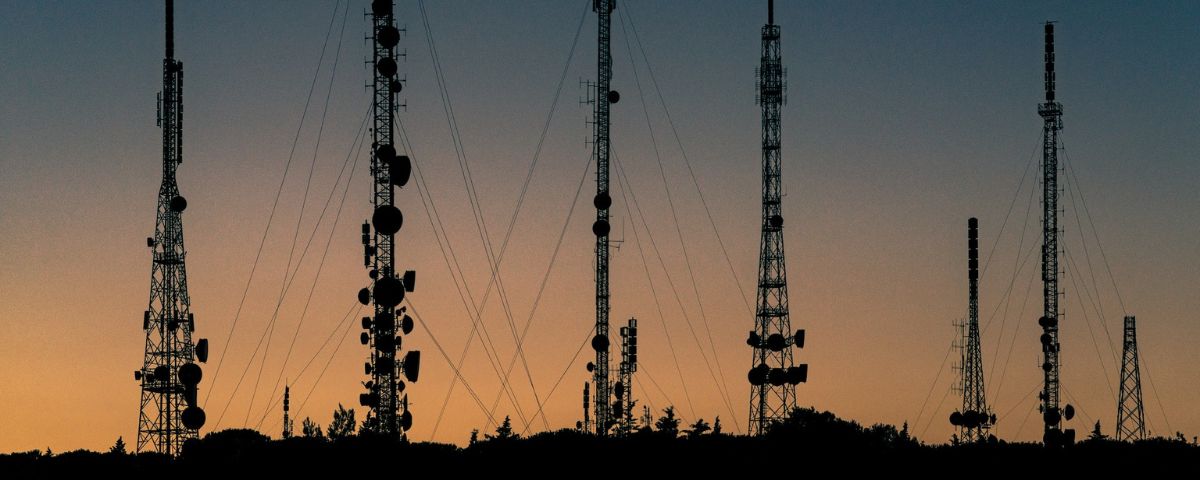
5G has expanded rapidly in India, but recently, the pace of 5G base transceiver station (BTS) deployments has slowed. In September 2024, India added 3,385 new 5G BTS sites, increasing the total count from 4,53,794 to 4,57,179. This is a more significant jump compared to the 1,500 new sites added in August. So why have Indian telecom operators reduced the speed at which they are adding 5G BTS? The answer lies in their shift in focus towards managing capital expenditure (capex) and prioritizing profitability.
Both Reliance Jio and Bharti Airtel met their initial 5G rollout targets earlier this year. Now, the new BTS additions are primarily to enhance coverage rather than drive extensive network expansion. Since there is currently no significant monetization of 5G, telcos are less incentivized to increase spending on infrastructure that isn’t generating immediate returns. 5G is seen as a long-term investment, and this trend reflects the current market conditions.
5G Network रोलआउट में भारत Number 1 pic.twitter.com/SVubzLfRPD
— DoT India (@DoT_India) September 19, 2024
While the total 5G BTS count will eventually rise well beyond current levels, it is not expected to happen in the immediate future. Bharat Sanchar Nigam Limited (BSNL) and Vodafone Idea Limited (Vi) are also expected to launch 5G, further contributing to the total BTS numbers. In August 2023, the 5G BTS count in India stood at 3,38,572, showing a significant growth since then.
What’s notable is that Reliance Jio has deployed the majority of 5G BTS, largely due to its 5G standalone (SA) deployment. In contrast, Bharti Airtel, which is rolling out 5G non-standalone (NSA), requires fewer BTS for coverage. It’s been two years since the introduction of 5G in India, and the rollout has been impressive, with consumers enjoying unlimited 5G data from Jio and Airtel during this period.



